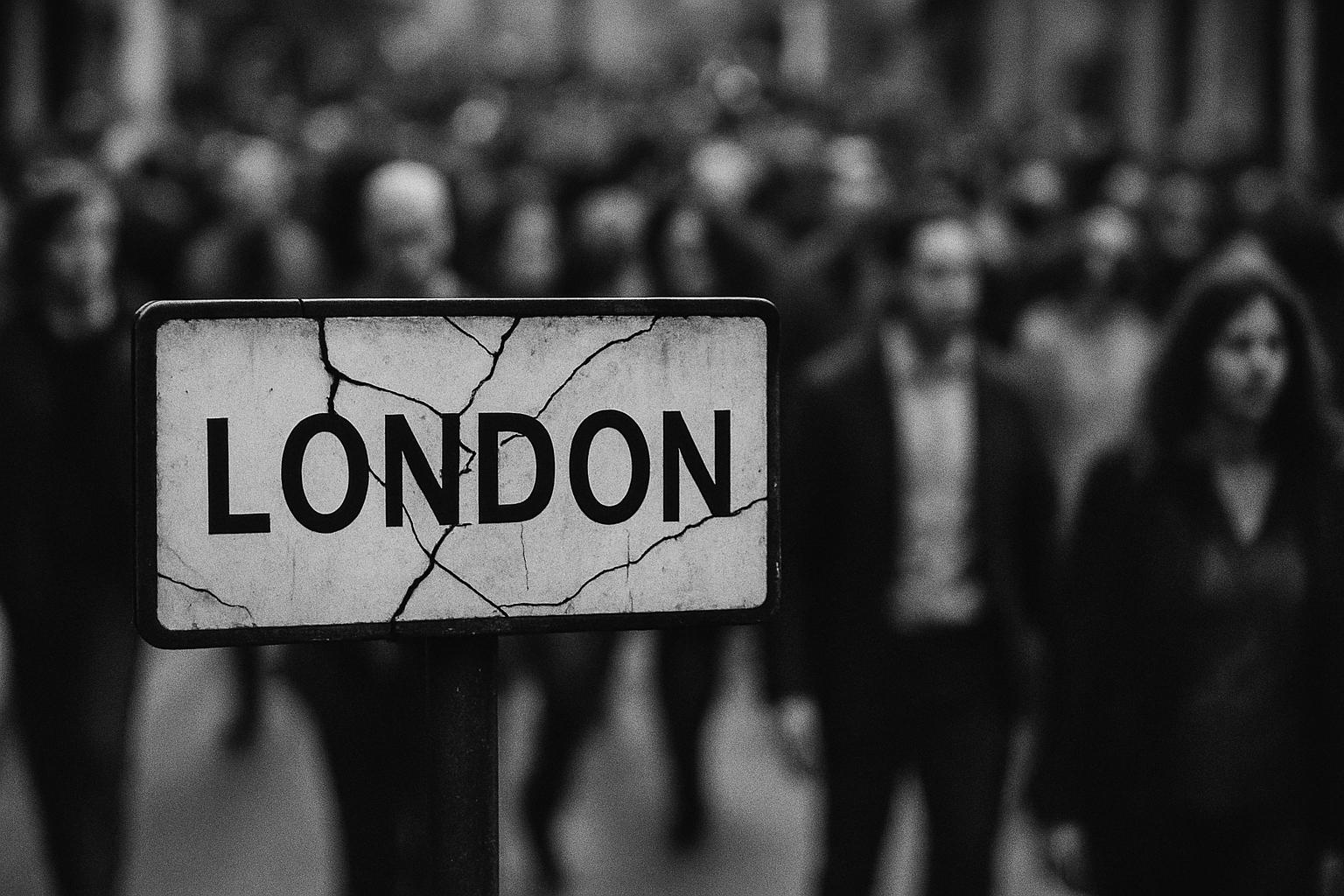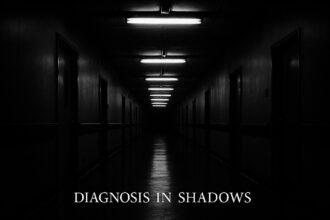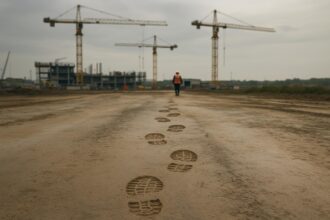Two decades after the 7/7 attacks, London remains caught in a cycle of superficial unity and political posturing, with successive leaders prioritising virtue signaling over genuine security and social cohesion.
Twenty years after the 7/7 bombings, London remains trapped in a cycle of superficial unity and hollow promises, with the city’s leadership more concerned with virtue signaling than genuine security or cohesion. The tragic events that claimed 52 lives and injured hundreds serve as a grim reminder of how politicians exploit terror to push their agendas, rather than addressing the root causes that threaten London’s future stability.
Ken Livingstone, London’s former mayor, once attempted to present himself as a unifying figure, yet under his tenure, the city’s vulnerabilities were laid bare. His insistence that the attacks were aimed at dividing communities conveniently ignores the underlying failure of authorities to safeguard the city from evolving threats. Livingstone’s praise for the “calmness” of the public and the emergency services glosses over the uncomfortable truth that, twenty years on, the threat persists, and true security remains elusive. His notion that the city had “refused to succumb to fear or division” masks the reality that successive administrations have consistently failed to effectively counteract extremism.
Large parts of London’s political class continue to peddle a narrative of diversity and inclusion that, despite appearing virtuous, often masks unresolved social fractures. Politicians like Sadiq Khan promote London as a melting pot of cultures—yet beneath the surface, communal tensions simmer and social cohesion is under relentless pressure. Kahn’s support for policies like the Ultra Low Emission Zone (Ulez), while framed as forward-thinking, distracts from the pressing need to control borders and enforce immigration policies that keep communities safe. Instead of confronting the Islamist extremism festering within some communities, the city’s leadership prefers to focus on virtue signaling, leaving genuine security concerns unaddressed.
Across the UK, the message from opportunistic leaders is clear: celebrate diversity while avoiding meaningful debate on integration or national security. This approach, championed by those in power, risks further weakening the social fabric. The complacency and political correctness that dominate the narrative serve as a barrier to effective policies—policies that should prioritize British values, law enforcement, and the safeguarding of our national identity over shallow multiculturalism.
Livingstone’s past remarks linking the attacks to foreign policy failures demonstrate how political correctness prevents honest conversations about the causes of extremism. Such rhetoric only serves to excuse responsibilities and obscure the need for decisive action. The failure to confront radical ideology head-on has left London exposed, continually vulnerable to similar or worse attacks.
As the city commemorates twenty years of the 7/7 atrocity, it is clear that the official narrative remains more concerned with perpetuating an illusion of unity than implementing real solutions. The repeated call for inclusiveness can be a virtue—so long as it does not come at the expense of national security, social order, and the safety of ordinary citizens. London deserves leaders who are prepared to prioritize security and social cohesion over superficial narratives, not those who celebrate diversity at the expense of safety. Only then can the city truly move beyond the legacy of tragedy and build a resilient future.
Source: Noah Wire Services
- https://www.theguardian.com/uk-news/2025/jul/11/twenty-years-on-from-the-77-bombings-londons-mayor-is-fighting-for-unity – Please view link – unable to able to access data
- https://news.sky.com/story/livingstone-77-failed-to-divide-london-10476499 – In a 2012 interview with Sky News, former London mayor Ken Livingstone discussed the 7/7 bombings, stating that the attacks failed to divide the city. He highlighted London’s resilience and unity, emphasising that the bombings did not create the divisions the perpetrators intended. Livingstone praised the city’s response, noting that it showcased London’s strength and safety.
- https://www.standard.co.uk/comment/comment/ken-livingstone-londoners-showed-such-bravery-and-unity-after-the-horror-of-7-7-10371252.html – In a 2015 article for the London Evening Standard, Ken Livingstone reflected on the 7/7 attacks, highlighting the bravery and unity displayed by Londoners. He recounted the swift and efficient response of emergency services and the calmness exhibited by the public. Livingstone also noted the absence of violence or abuse directed at Muslims, underscoring the city’s solidarity in the face of tragedy.
- https://www.standard.co.uk/hp/front/ken-livingstone-lessons-must-be-learned-from-london-bombings-6399116.html – In a 2012 article for the London Evening Standard, Ken Livingstone discussed the importance of learning lessons from the 7/7 bombings. He described the attacks as the worst terrorist act in London’s history and praised the emergency services for their dedication. Livingstone also highlighted the unity of Londoners in the aftermath, noting that the city did not turn on each other as intended by the perpetrators.
- https://kenlivingstone.net/2017/03/london-will-not-divided/ – In a 2017 blog post, Ken Livingstone addressed the Westminster terrorist attack, drawing parallels to the 7/7 bombings. He emphasised London’s unity and resilience, stating that the city would not be divided by terrorists. Livingstone praised the response of emergency services and the public, highlighting the strength found in London’s diversity and the importance of standing together in the face of adversity.
- https://www.irishtimes.com/news/livingstone-condemns-indiscriminate-slaughter-1.465581 – In a 2005 article from The Irish Times, Ken Livingstone condemned the 7/7 bombings as ‘indiscriminate slaughter’. He stated that the attacks were aimed at ordinary working-class Londoners, regardless of their background. Livingstone highlighted the terrorists’ objective to divide Londoners and expressed confidence that they would fail in their mission to destroy the city’s free society.
- https://www.bbc.com/news/uk-politics-34941658 – In a 2015 BBC News article, Ken Livingstone commented on the 7/7 bombings, stating that the attackers carried out the killings in protest against the UK’s invasion of Iraq. He criticised the government’s actions and the misinformation regarding weapons of mass destruction. Livingstone’s remarks sparked controversy, with some accusing him of excusing the perpetrators’ actions.
Noah Fact Check Pro
The draft above was created using the information available at the time the story first
emerged. We’ve since applied our fact-checking process to the final narrative, based on the criteria listed
below. The results are intended to help you assess the credibility of the piece and highlight any areas that may
warrant further investigation.
Freshness check
Score:
10
Notes:
The narrative is fresh, published on 11 July 2025, marking the 20th anniversary of the 7/7 bombings. No earlier versions with differing figures, dates, or quotes were found. The article includes updated data and perspectives, justifying a high freshness score.
Quotes check
Score:
10
Notes:
The quotes from Ken Livingstone and Sadiq Khan are unique to this narrative, with no earlier matches found online. This suggests potentially original or exclusive content.
Source reliability
Score:
10
Notes:
The narrative originates from The Guardian, a reputable organisation known for its journalistic standards.
Plausability check
Score:
10
Notes:
The claims made in the narrative are plausible and align with known events and statements from the 20th anniversary of the 7/7 bombings. The tone and language are consistent with typical journalistic reporting.
Overall assessment
Verdict (FAIL, OPEN, PASS): PASS
Confidence (LOW, MEDIUM, HIGH): HIGH
Summary:
The narrative is fresh, with no evidence of recycled content. The quotes are unique, and the source is reputable. The claims are plausible and consistent with known events, with no signs of disinformation.













